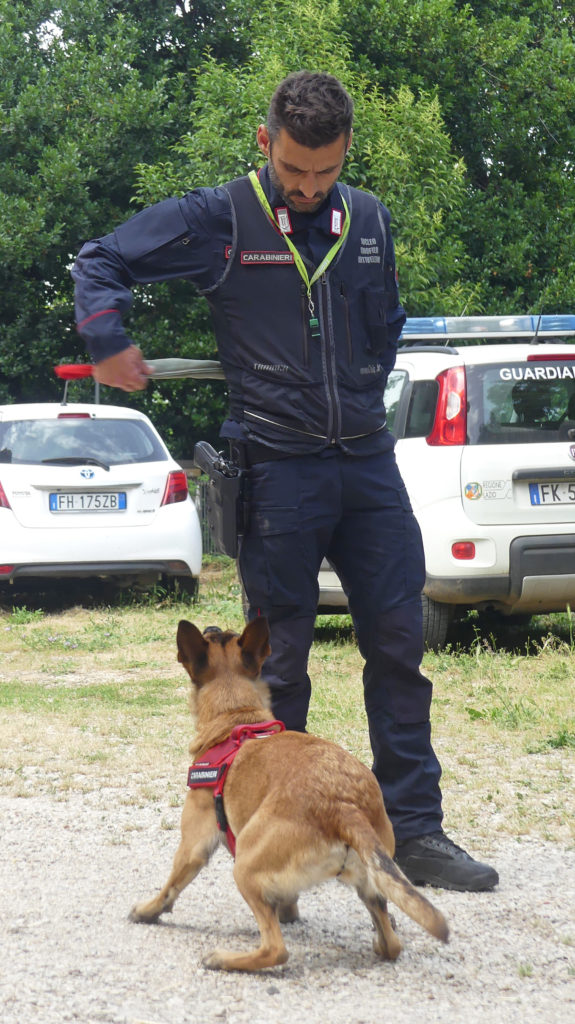On 11 June 2019 a course was held in Rome, organized by Federparchi Europarc Italia, for the technical and scientific personnel of the Italian protected areas dedicated to the problem of poisoning the fauna.
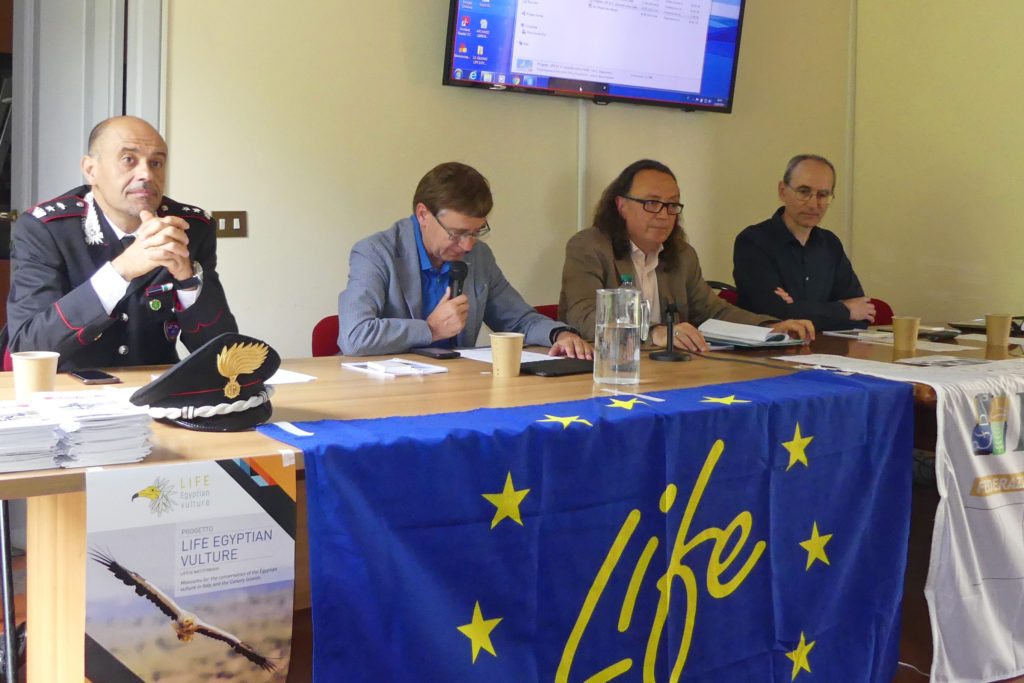
The illegal use of poison is a widespread practice that constitutes one of the most impacting threats to conservation, at European level, of necrophagous birds and of many species of carnivorous mammals.
Some necrophagous raptors, in particular, are extremely vulnerable to the use of poison because they can feed themselves poisoned bites directly but also ingest parts of carcasses of animals that have died from poisoning.
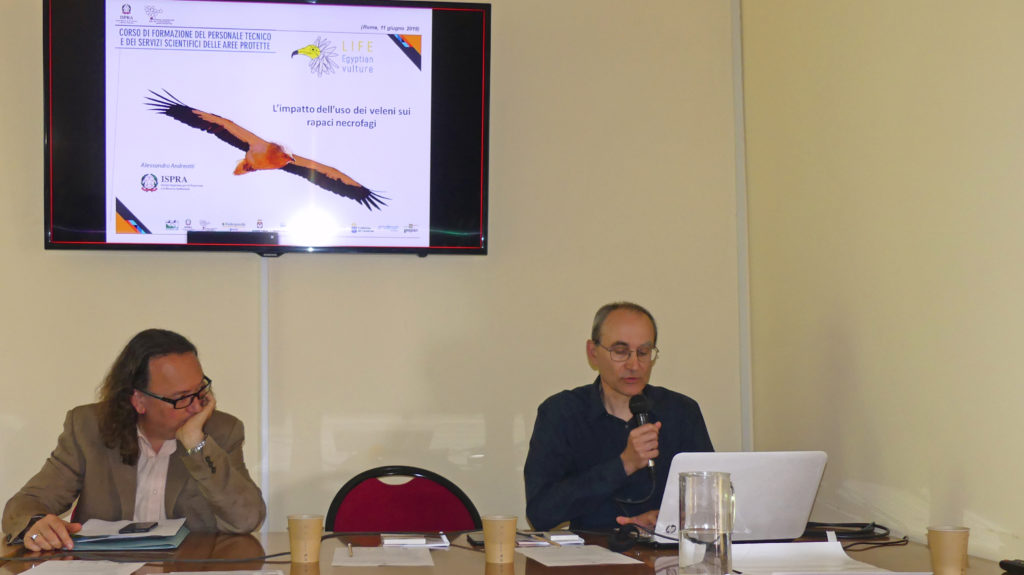
Among these is the Egyptian vulture, for which, in fact, the LIFE Egyptian vulture project provides for the implementation of various initiatives to counter the use of poison both in Italy and in the Islands of Fuerteventura and Lanzarote (Canary Islands).
Preventing and containing the phenomenon is difficult but it is necessary if we want to preserve the Italian natural heritage and it is essential that the protected areas, which preserve a significant fraction, are able to face this challenge. Federparchi – Europarc Italia has therefore organized the course in order to provide the personnel of the protected areas with useful knowledge on this subject.
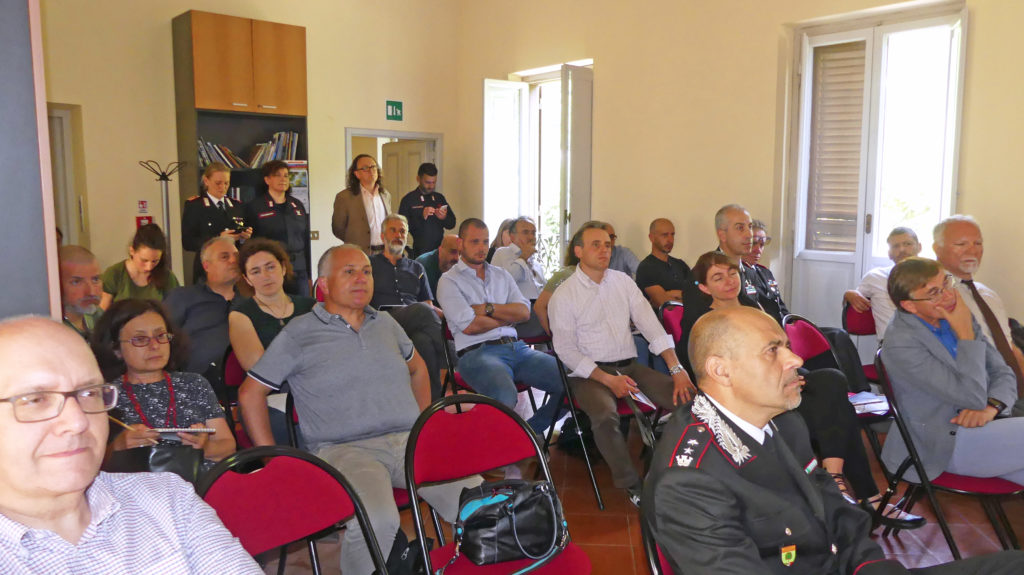
The event, which took place at Villa Mazzanti thanks to the hospitality of the Ente Roma Natura and was coordinated by the President of Federparchi Giampiero Sammuri, saw the succession of interventions by Guido Ceccolini and Anna Cenerini (Biodiversity sas), Alessandro Andreotti (ISPRA Higher Institute for Environmental Protection and Research), Rosario Fico (National Reference Center for Forensic Veterinary Medicine of the Experimental Zooprophylactic Institute of Lazio and Tuscany) and of Lt. Col. Giancarlo Papitto (CUFA Command Unit for Forest Protection , Environmental and Agribusiness Carabinieri).
The main topics covered included the main actions of the LIFE Egyptian vulture project, many of which are planned in protected areas of Southern Italy, the knowledge concerning the poisoning of fauna in Italy, the current legislation, the impact that the poison determines on the sensitive species, the criticalities encountered in combating the phenomenon and the prevention and mitigation tools that can be adopted.
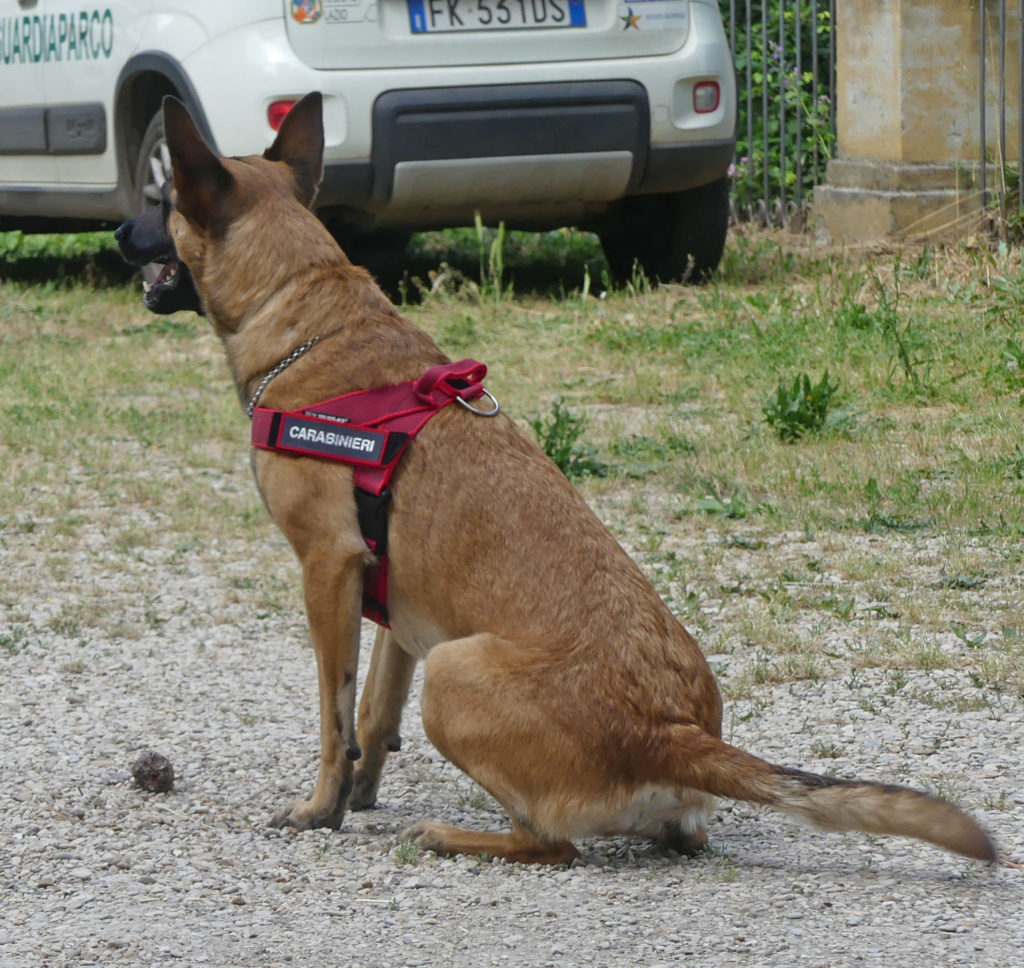
Several times reference was made to the experiences developed thanks to LIFE ANTIDOTO, the first project carried out in Italy with the objective of precisely combating the illegal use of poison, and the subsequent LIFE PLUTO project, still in progress, both having as coordinator beneficiary the Gran Sasso and Monti della Laga National Park.
Special attention was paid to the activities of the Anti-Poison Canine Units managed by the CUFA (Carabinieri Unit for Forest, Environmental and Agri-food Protection), which are active thanks to various LIFE projects and constitute an irreplaceable tool in the fight against the use of poison.
In the afternoon session the Brigadieri Chief Alessandro Mango and Giovanni Bucciarelli and the Appointed Andrea Corsi of CUFA, conductors of the Anti-Poison Dog Units based in the Gran Sasso-Laga National Park and in the Monti Sibillini National Park, illustrated the techniques for training dogs and conducting inspections to search for poisoned bites and carcasses. In particular, Kenia, a Belgian shepherd malinois currently operating at the UCA of the Carabinieri Department of the Gran Sasso-Laga Park, and her conductor, carried out anti-poison research simulations and other elements related to poaching crimes.
